TechTank, a biweekly podcast from the Center for Technology Innovation at Brookings, explores today’s most consequential technology issues. Moderators Nicol Turner Lee and Darrell West speak with experts and policymakers to share data, ideas, and policy solutions that address the challenges of our digital world.
In the days leading up to the January 6 U.S. Capitol insurrection, social media platforms were flooded with hate speech and misinformation. Months before, there were also denouncements by former President Donald J. Trump about the proposed content moderation practices of private companies, as well as their use of Section 230 protections.
It took only days after armed mobs stormed the U.S. Capitol, for platforms like Facebook and Twitter to decide Trump’s tweets were more than just “saber rattling.”
Relying on Section 230 of the Communications Decency Act, for immunity from civil suit, Twitter permanently banned President Trump’s account, wiping out his contact with 88 million followers, and banned thousands of conservative social media accounts. Facebook banned Trump’s account “at least until his term was over.” Google and Apple blocked the conservative-leaning social networking service Parler from their stores, and Amazon Web Services denied Parler access to its cloud network. Parler was forced to shut down for a time.
To many, January 8 seemed two days, two years, or two decades too late. Nonetheless, the question remains: Should free speech be regulated online? And if so, what should the content moderation practices be of private companies? Further, what voices should be subjected to greater scrutiny, and will those from more marginalized populations be questioned?
In this episode of Tech Tank, Nicol Turner Lee speaks with David Johns of the National Black Justice Coalition and CTI scholars John Morris and Tom Wheeler about Section 230.
You can listen to the episode and subscribe to the TechTank podcast on Apple, Spotify, or Acast.
Amazon, Apple, Facebook, and Google are general, unrestricted donors to the Brookings Institution. The findings, interpretations and conclusions in this piece are solely those of the author and not influenced by any donation.
The Brookings Institution is committed to quality, independence, and impact.
We are supported by a diverse array of funders. In line with our values and policies, each Brookings publication represents the sole views of its author(s).
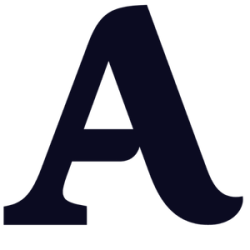

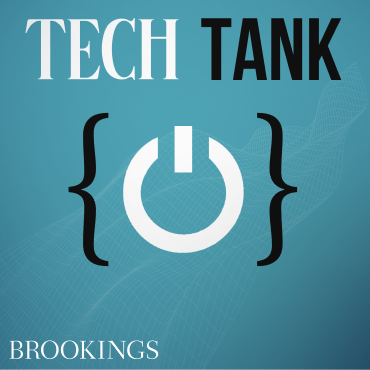
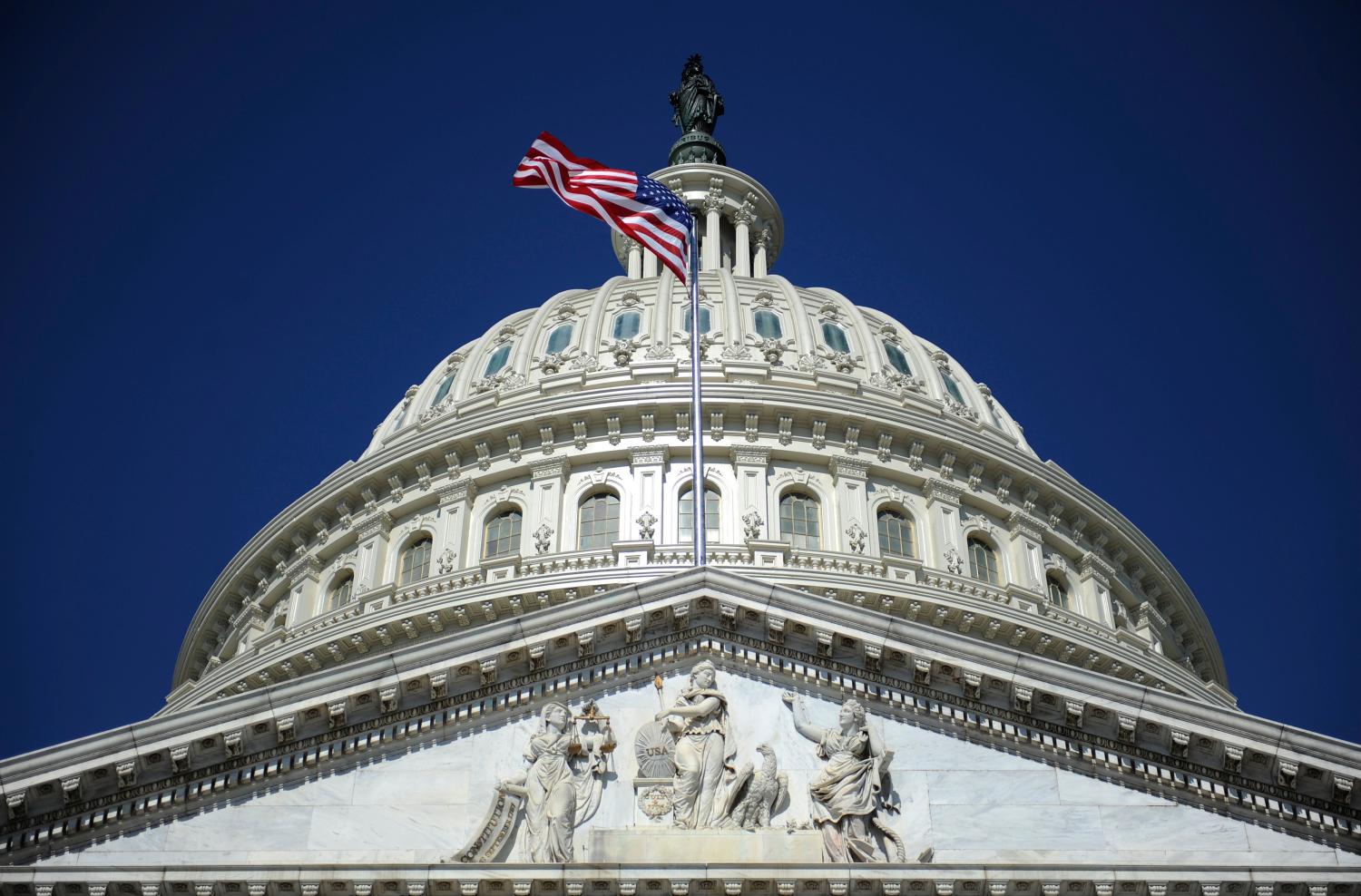
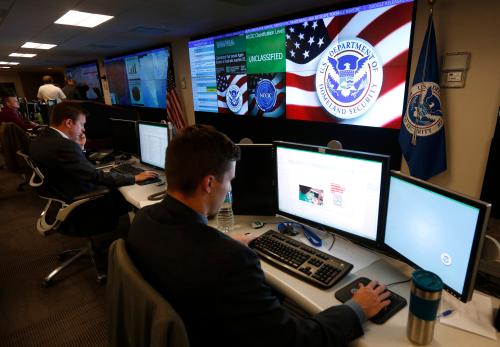

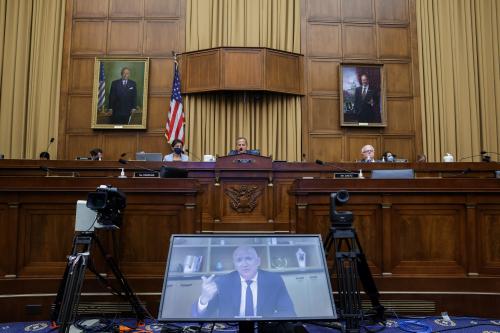
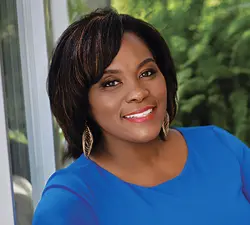





Commentary
PodcastShould free speech be regulated online? | The TechTank Podcast
February 22, 2021
Listen on
The TechTank Podcast